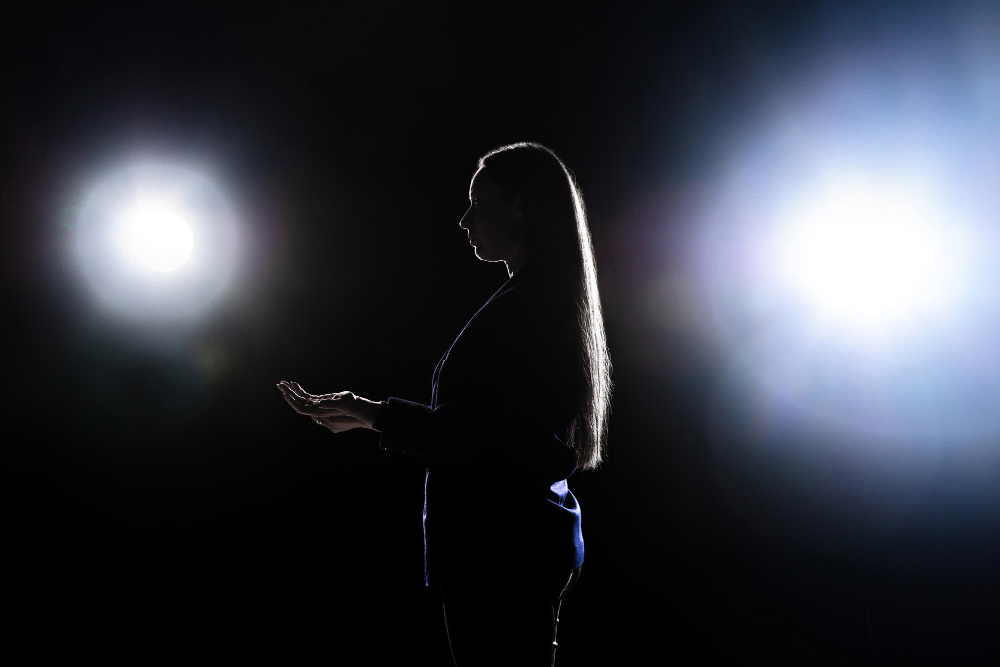
The Power of Monologues in the Theatre
Monologues are a powerful tool in theatre that have the ability to captivate audiences with the sheer force of an actor’s performance. From Shakespeare’s soliloquies to modern-day one-person shows, monologues have been used to convey complex emotions, tell stories, and give insight into the inner workings of a character’s mind.
The Basics of Monologues
A monologue is a long speech given by a single actor in a play or performance. It is typically addressed to the audience or to another character who is not present on stage. Monologues can be delivered in a variety of ways, from serious and dramatic to comedic and lighthearted.
Monologues can be a powerful tool for actors and writers alike. They can provide an opportunity for actors to showcase their range and versatility, as well as allowing writers to explore complex themes and ideas in a single speech.
The Emotional Impact of Monologues
One of the key benefits of monologues is their ability to evoke powerful emotions in audiences. A well-written and well-performed monologue can be a deeply moving and impactful experience for both the actor and the audience.
For example, consider the famous “To be or not to be” soliloquy from Shakespeare’s Hamlet. In this speech, Hamlet contemplates the meaning of life and death, and the audience is left with a powerful sense of the character’s inner turmoil and emotional pain.
Similarly, in Tony Kushner’s Angels in America, the character of Prior delivers a powerful monologue about his battle with AIDS and the challenges he faces as a gay man living in the 1980s. This monologue is a powerful testament to the resilience and strength of the human spirit in the face of adversity.
Monologues as Character Development
Monologues can also be an effective tool for character development. By giving a character a chance to speak at length, writers can delve deep into their personality, motivations, and backstory.
For example, in Tennessee Williams’ A Streetcar Named Desire, the character of Blanche DuBois delivers a powerful monologue about her past, revealing the trauma and emotional pain that she has endured throughout her life. This monologue provides crucial insight into Blanche’s character, and helps to explain some of her actions and behaviours throughout the play.
Conclusion
Monologues are a powerful tool in the theatre that have the ability to convey complex emotions, tell stories, and provide insight into the inner workings of a character’s mind. From the emotional impact of a powerful soliloquy to the use of monologues for character development, these speeches have the power to captivate audiences and leave a lasting impression.






